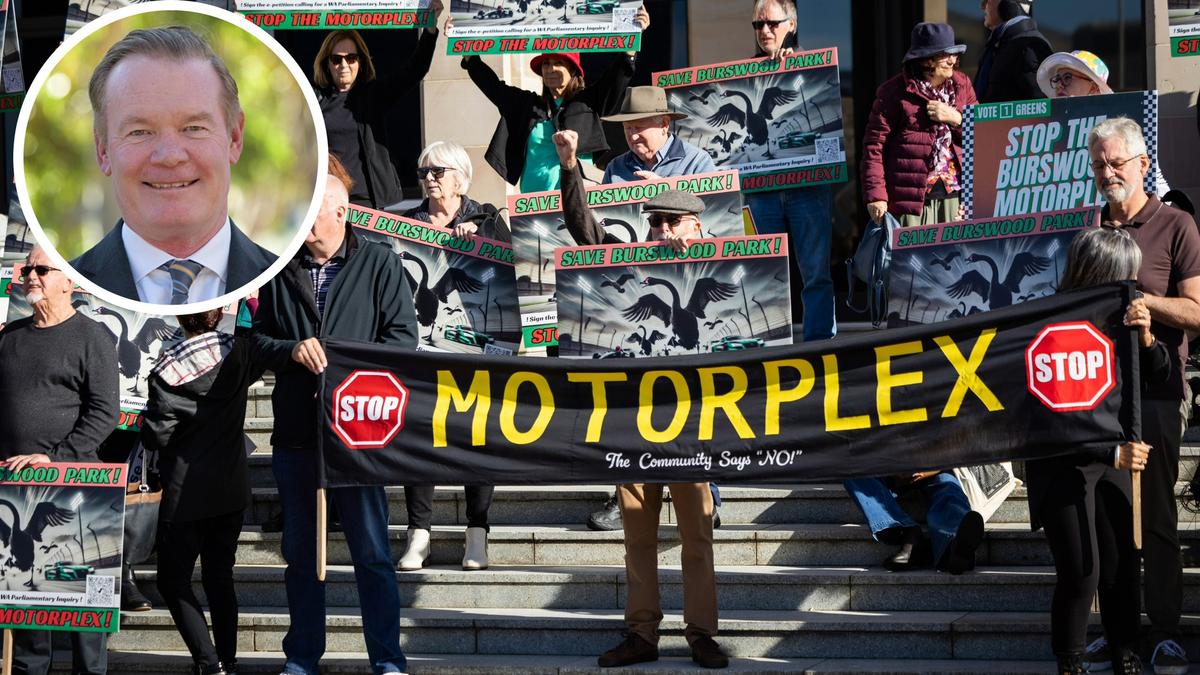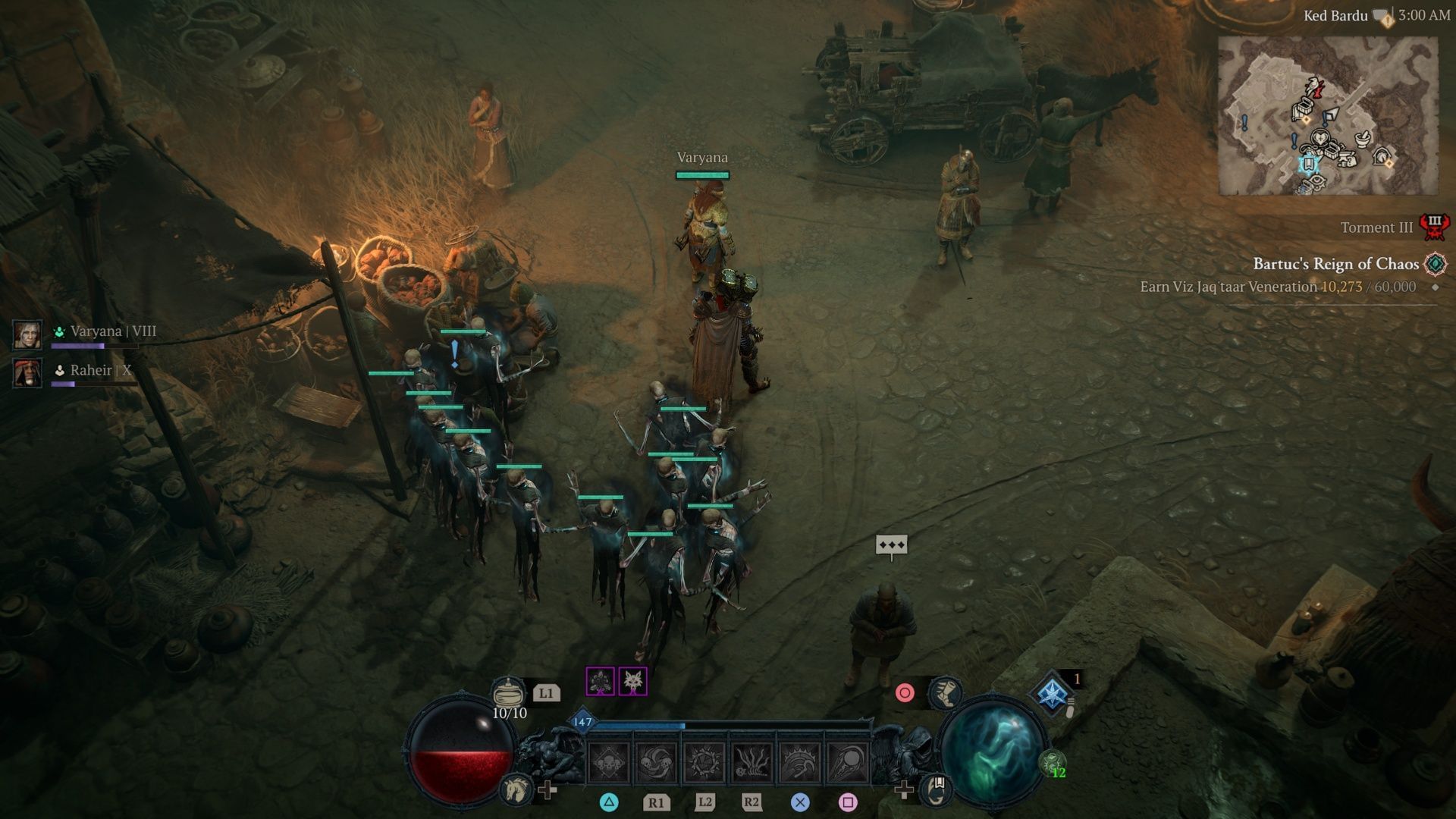
For the past five years, I’ve been interviewing Hollywood professionals about what they wish they’d known when they were starting out. The entertainment business can feel opaque and overwhelming, and many who navigated it the hard way said they want to help level the playing field for those arriving with passion but without connections.
The best advice — which is collected in a book I co-wrote with my former Times colleague Jon Healey, “Breaking Into New Hollywood: A Career Guide to a Changing Industry” — was often about how they handled chaos. The key to longevity, many said, is how you manage the rejection, instability and heartbreak that are unavoidable in the industry.
And as Hollywood has weathered the COVID-19 pandemic, strikes, recessions and periods of contraction — some reports estimate Hollywood jobs were down 25% in 2024 from their 2022 peak — many of them have had to take their own advice. Decades-long industry veterans have pivoted to adjacent professions, including teaching and advertising. Some of them have left Hollywood altogether.
But others have landed their dream jobs. They’ve learned how to build something from nothing. They’ve gotten to show what they’re capable of, once someone finally gave them a chance.
The most sensible advice to give young people who dream of working in the entertainment industry, they said, is to run in the other direction — or at least have a backup plan. There are so many practical, safer choices that can result in a happy, fulfilling career.
But dreams have a way of resurfacing, no matter how deep you try to bury them. So here’s what I would tell my own kids if they felt Hollywood was their calling.
Learn how all the different parts of Hollywood come together and figure out which jobs best suit your skills.
Many people, when they imagine working in Hollywood, think of only the most high-profile jobs: actor, writer, director and producer. But Hollywood is made of hundreds, if not thousands, of careers, from pre-production, production and post-production, to representation (publicists, agents and managers), design and more.
Some questions you can ask yourself: Do I like being in front of the camera or do I prefer being behind it? Do I want to be on set or would I prefer a desk job? Do I want a leadership role or do I prefer going deep into the day-to-day details? This can help you determine which path you should pursue.
Consider whether this is something you’d do even if no one paid you to do it.
Many Hollywood professionals will tell you not to take unpaid gigs, as it devalues your work and the industry itself. But that’s different from the time and effort you’ll have to devote to becoming extremely reliable at your craft — as well as the work you’ll do to convince people to give you the job (filming auditions, developing pitch decks, building portfolios and creating demo reels).
People across the industry consistently told us it often takes five to seven years before you earn a living wage. You not only have to keep wanting to do it for that long, with no guarantees of success, but you have to see it as an investment in yourself as an artist.
Anchor yourself with two essentials: money and community.
People who come into the industry with wealth and connections will have an advantage. But if you don’t know anyone in the industry, be diligent about saving and investing the money that you’re making from your day job or side gigs.
Prioritize networking by joining or creating your own communities. Networking isn’t just about attending intimidating Hollywood events — it can also mean going to film festivals, taking classes, joining a gym, engaging with your favorite social media influencers, collaborating on passion projects, joining Facebook groups or finding other whisper networks.
Make friends inside of the industry who are going through the same struggles so you can lift each other up. But also make friends outside of the industry who will remind you that there is life outside of Hollywood.
Figure out how you’re going to distinguish yourself.
Hollywood is an extremely competitive industry. The harsh reality is that most people are replaceable. So why would a producer or showrunner hire you over someone else? What unique skills or viewpoints could you bring to a project? Figure this out; it will be your advantage and calling card.
And once you pinpoint what sets you apart, create your own work (whether it’s sketches, designs, animations, TikTok videos or web series) and put what you’re proud of online. You’ll need to get very comfortable with self-promotion. Make sure that you’re on people’s minds if a job opens up that you’d be perfect for.
If I were talking to a current working professional about AI, we would discuss its ethical and legal implications and what unions can do to protect worker rights and fight for fair compensation.
But if I were talking to a young person starting their career, I’d say, embrace the technology and figure out how it can make you more — not less — creative.
Know that it’s good to take breaks from Hollywood — and OK to leave.
Hollywood veterans will tell you that they’ve seen the industry rise and fall, again and again. Each time there’s an upturn, it feels like it won’t last. And each time there’s a downturn, it feels like it might be the end.
If Hollywood is your calling, you owe it to yourself to try, but if your experience in the industry starts to resemble a destructive relationship, you owe it to yourself to take some space or call it quits.
But for as long as you’re out there hustling, have fun on the roller coaster and appreciate every moment you get paid to do what you love.



